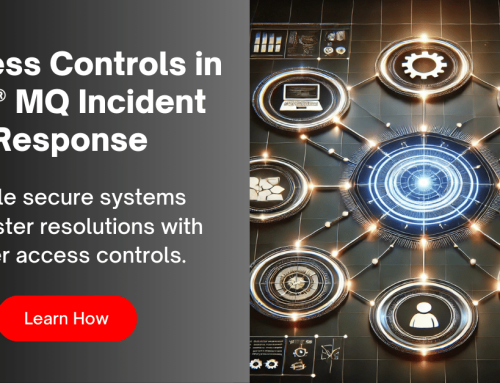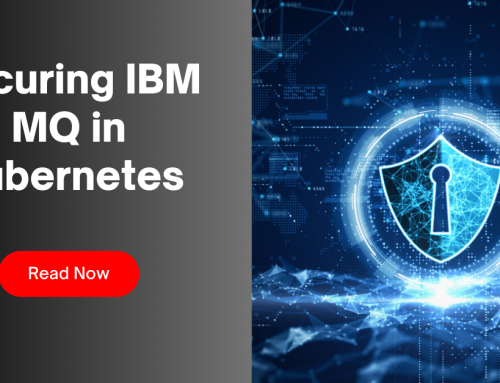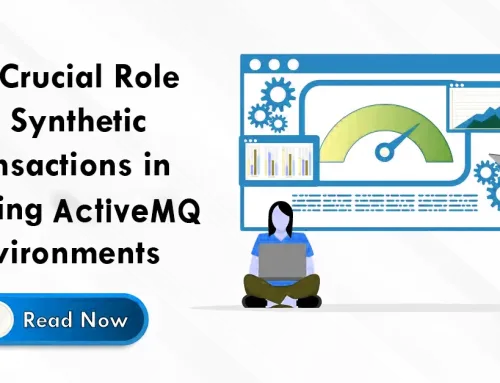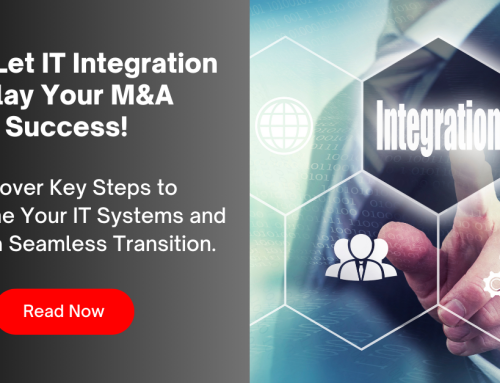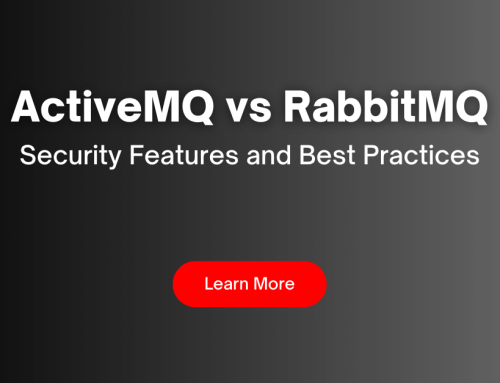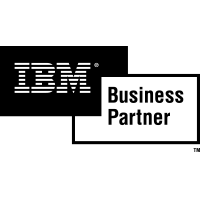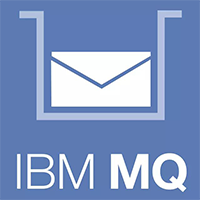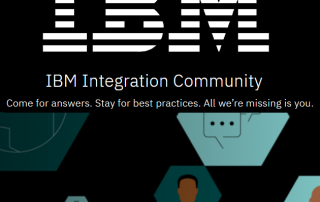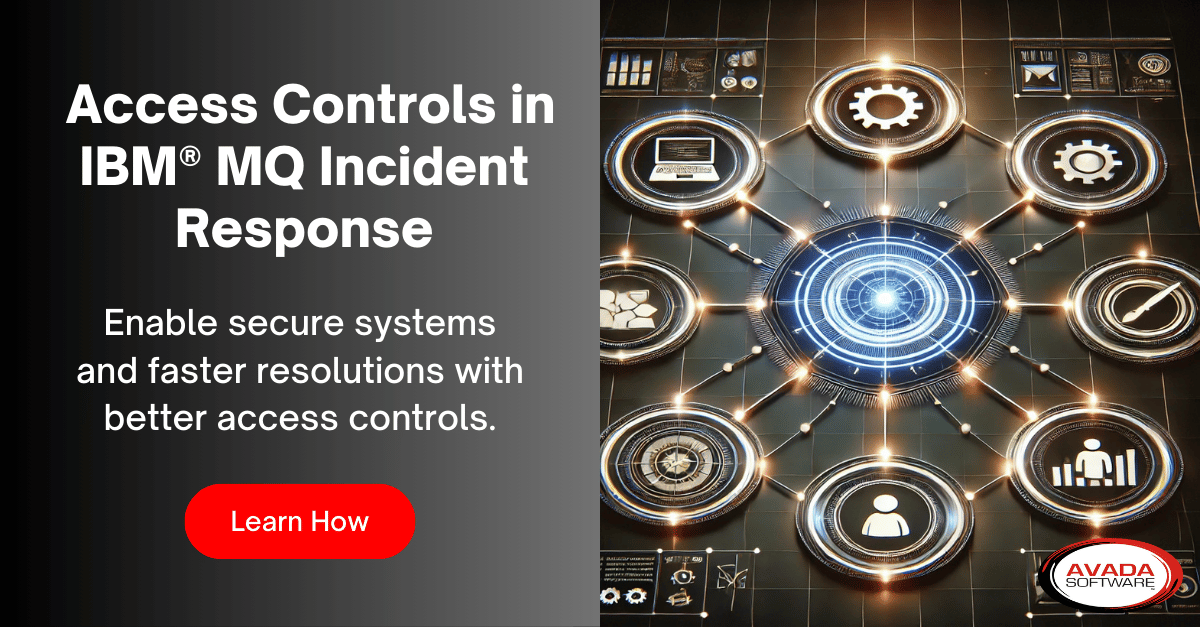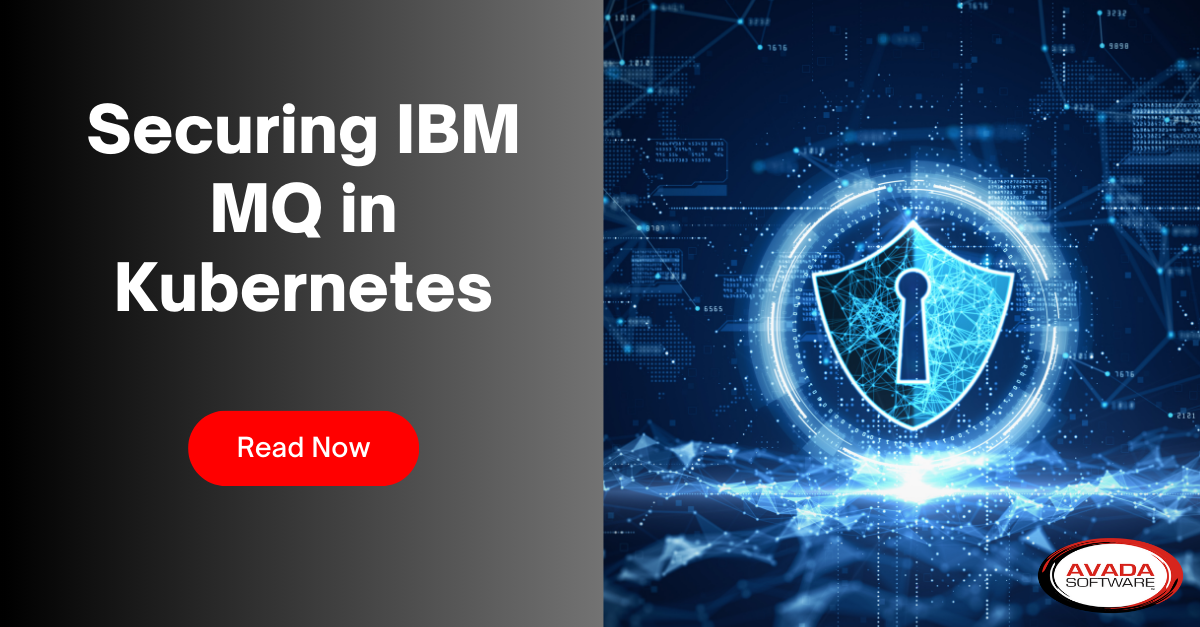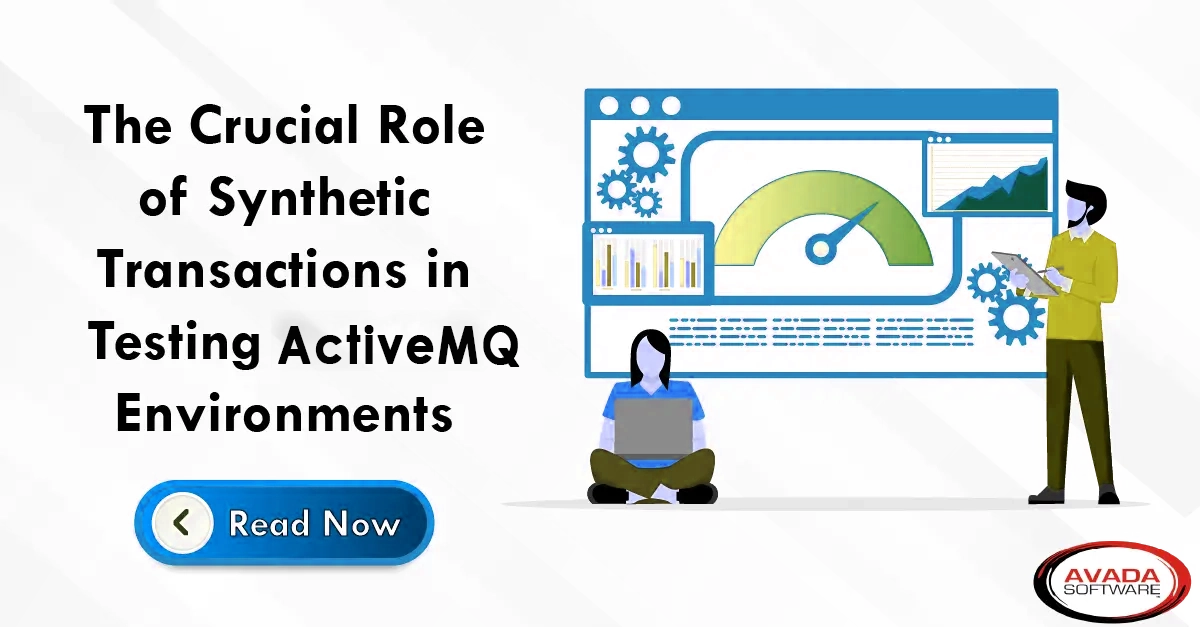IBM TechCon 2024 Session Recap: “IBM MQ and Event Automation – Better Together”
IBM® MQ is a robust messaging solution known for its reliability, while IBM Event Automation simplifies the creation of event-driven applications. In their IBM TechCon 2024 session, David Ware, CTO of IBM MQ and Event Automation, IBM and Matt Sunley, Program Director for Event Automation, IBM explained how integrating these technologies benefits businesses. They gain greater agility, responsiveness, and data-driven insights – essential in today’s fast-paced world where customers expect immediate reactions. David emphasized the importance of asynchronous messaging in enabling this responsiveness.
Why Do We Need Asynchronous Messaging? What Does This Enable?
David kicked off the session by explaining the fundamentals of asynchronous messaging. It allows applications to communicate without direct ties, boosting scalability, flexibility, and resilience. He compared it to leaving a voicemail instead of a synchronous phone call – everyone operates independently. In modern distributed systems, this lets businesses seamlessly connect global applications, scale services to meet demand, and ensure 24/7 reliability.
David emphasized that with asynchronous systems, responsiveness and trust are critical. Users expect immediate results, and businesses need guaranteed message delivery, even in complex setups. While real-time interactions are important, David also highlighted the growing need to analyze data as events occur, unlocking deeper insights but introducing new challenges.
Understanding asynchronous messaging is the first step. To maximize its benefits, we need the right technologies. This session explored the strengths of MQ and Kafka, demonstrating how they work together for even more powerful solutions.
Technology of Choice
David explained that both MQ and Kafka excel in messaging, yet their design philosophies make each ideal for different use cases. He highlighted how MQ has traditionally been the default, but today’s environment calls for exploring a wider range of asynchronous technologies, including Kafka. Understanding their core strengths is key to making informed decisions.
MQ excels in precision and direct feedback. If applications demand absolute certainty in message delivery and instant system-to-system interactions, MQ is the perfect choice. Kafka, alternatively, is built for high-volume data ingestion and analytics. Its batching, streamlined brokers, and data retention features make it ideal for processing massive event streams.
Crucially, David noted that it’s not always an “either/or” decision. Often, the greatest power comes from integrating MQ and Kafka. Imagine MQ handling core transactions with guaranteed reliability, while Kafka simultaneously enables deep analysis. To determine the best fit for your own systems, David suggested considering whether immediate data exchange or in-depth analytics is your top priority.
With a solid grasp of asynchronous messaging and technologies like MQ and Kafka, the next step is harnessing events. This is where IBM Event Automation streamlines the process, empowering businesses to turn events into a competitive advantage.
Event Automation for Business Advantage
Matt highlighted the transformative power of event-driven architectures, emphasizing their ability to enable real-time responses that traditional reactive systems can’t match. He outlined key benefits: dynamic inventory optimization to ensure popular items remain in stock, timely and personalized offers while customers are actively engaged, and proactive quality control to quickly address negative feedback.
Matt then focused on the financial services industry, explaining how combining real-time spending data with historical analysis creates detailed customer profiles. This directly improves offers, fraud detection, and the overall customer experience. He explained how IBM Event Automation streamlines this process, highlighting its event streams for real-time data collection, well-structured catalog for easy discovery, and intuitive rule-creation tools that drive actions.
We know events are powerful, but how do we tap into them within our existing systems? The answer often lies in integrating MQ and Kafka, unlocking real-time insights from our current processes.
Integrating IBM MQ and Kafka
David explained that moving messages between MQ and Kafka unlocks new potential for data analysis and event-driven applications. This integration combines the strengths of both technologies for greater benefits.
He emphasized the simplicity of Kafka Connect and the value of IBM’s MQ connectors for ensuring proper formatting and issue handling. David also discussed the importance of delivery semantics (at-least-once vs. exactly-once), noting improvements in both technologies to strengthen guarantees. He then highlighted the power of MQ events for Kafka consumption, specifically the use of streaming queues for non-disruptive message replication.
David reiterated the inventory optimization use case – MQ for core transactions, and Kafka/Flink for real-time analytics. This setup enables targeted promotions based on live order data, showcasing how the integration simplifies the process. This lays the groundwork for extracting deeper insights and driving actions.
Demo
Matthew provided a practical demonstration of how integrating MQ and Kafka enables targeted, real-time promotions. The demo started with a standard order processing workflow in MQ, showcasing customer and purchase data. He then showed how a streaming queue could replicate these order events for analysis in Kafka. Using Flink SQL, he demonstrated how to filter events, specifically highlighting high-value orders from new accounts. The Event Endpoint Management catalog simplified data discovery and access for relevant teams. This resulted in a focused stream of potential customers – ideal for targeted promotions aimed at increasing engagement. Matthew emphasized that this approach has wider benefits, allowing easier and more powerful analysis of purchase patterns even within existing MQ-based systems.
Did you know? Solutions like Infrared360 further enhance these integrations, providing a unified view of your MQ/Kafka environment for simplified management and deeper insights. Learn more!
Wrapping Up
This session showcased the combined power of MQ and Kafka in building event-driven architectures for superior business results. By utilizing MQ’s reliability in messaging and Kafka’s scalable analytics, companies gain insights from real-time events happening within their systems. This directly improves responsiveness, decision-making, and the delivery of the instant customer experiences modern users expect. To learn how to implement these technologies in your own environment, IBM’s documentation serves as a valuable resource.
More Infrared360® Resources
More Infrared360® Resources

